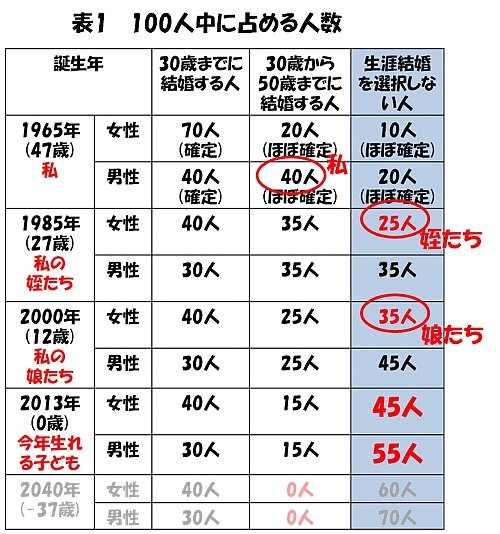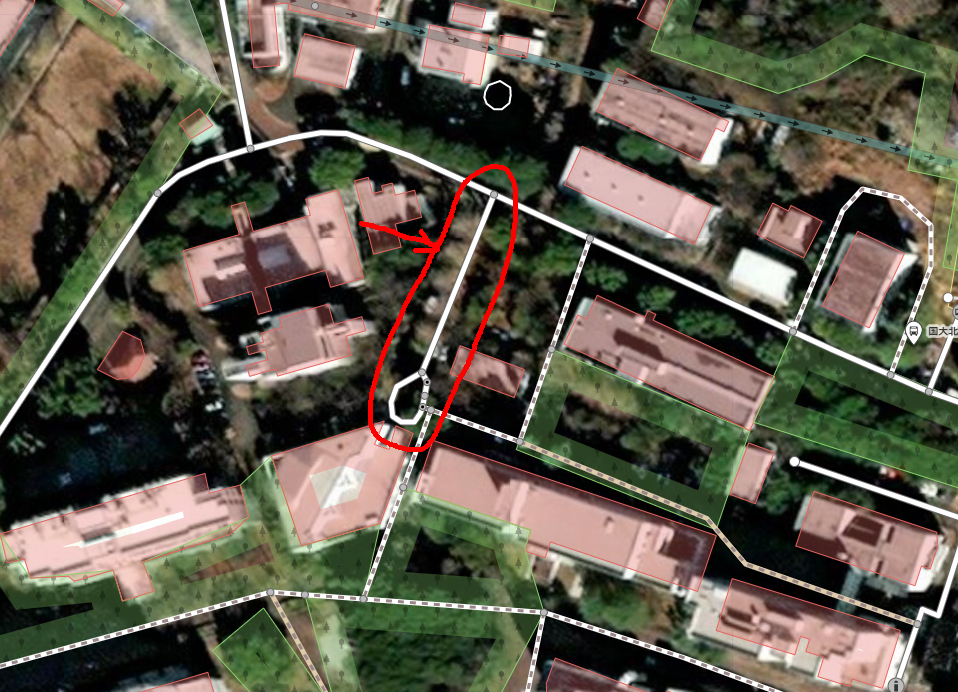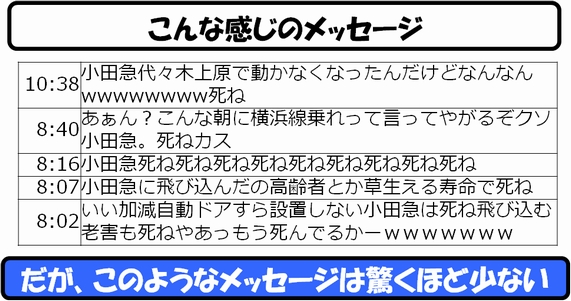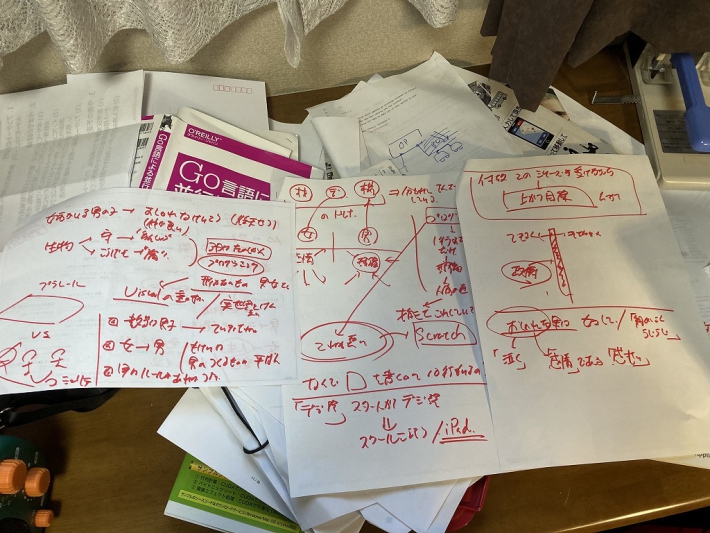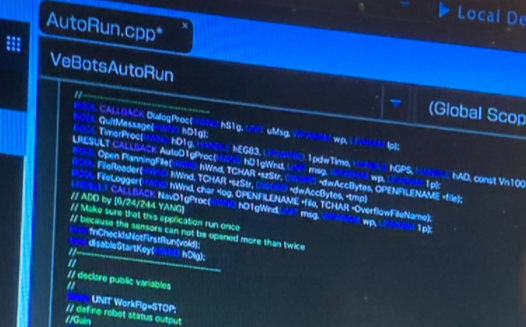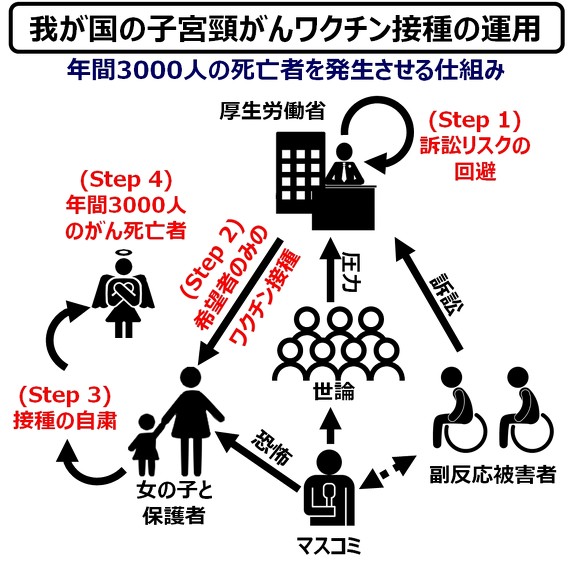2021-12-01 I want to read it so badly, but -- it's expensive. [長年日記]
It seems that a book called "Introduction to WebAssembly" is being published.
I want to read it so badly, but -- it's expensive.
(It seems that there are still only about three books on WebAssembly in Japanese)
I believe that the price of technical books is generally fair, but the problem is that sometimes the content of the technical book does not match the content of the knowledge that I want.
(1) The content of the book is "too difficult" or "too easy," or
(2) "Information provided by the book" and "Information I want to know" do not match.
are often the case.
Speaking of which, I think I've read through most of the books published on Bitcoin at this point -- and I'm not sure I've ever read anything else.
There was only one book describing "Bitcoin trust" that I could find.

Even for that one book, I think the matching was about 15%.
Well, that's beside the point.
-----
I would like to learn WebAssembly.
Ever since I saw this demo that my mentor, Mr. S, taught me, I have been thinking of converting this technology into a GIS viewer.
I've done a lot of work on my own.
The problem is that now I have to prioritize what I have to do over this, and I don't know if the book is a "hit" or a "miss".
Hmm, I wonder what I should do.

